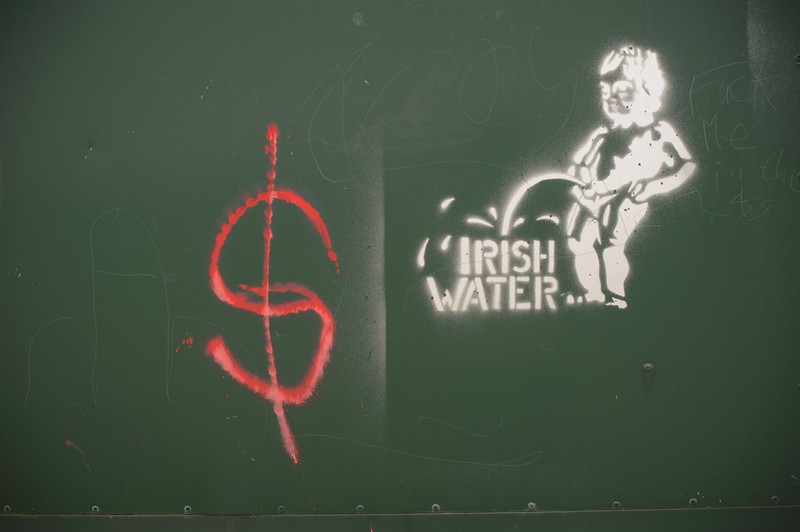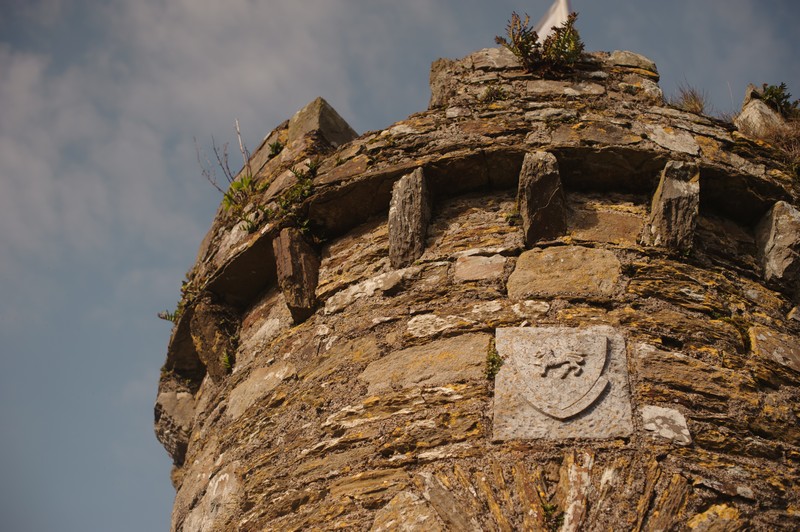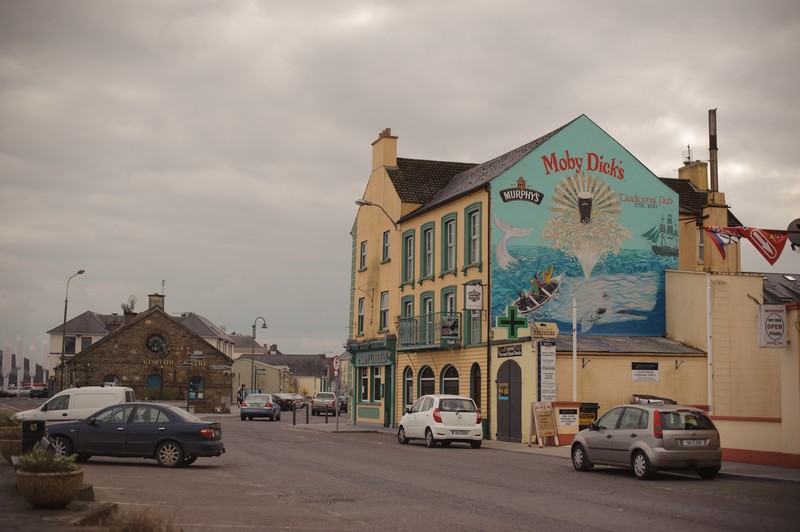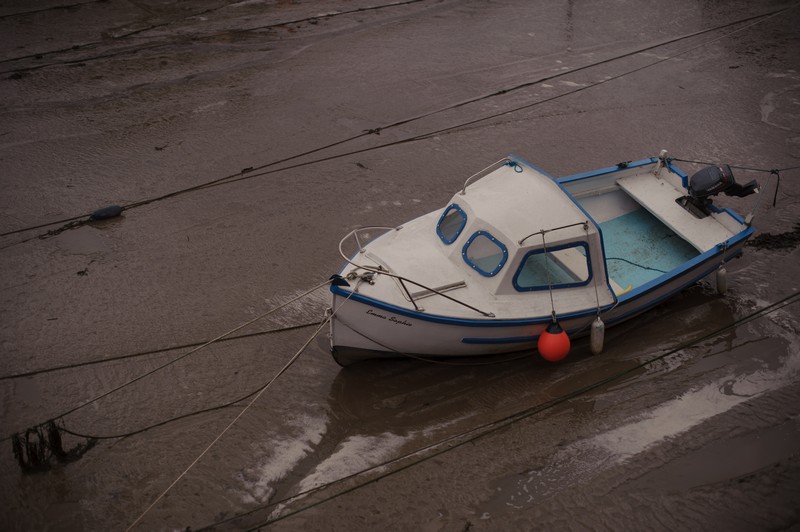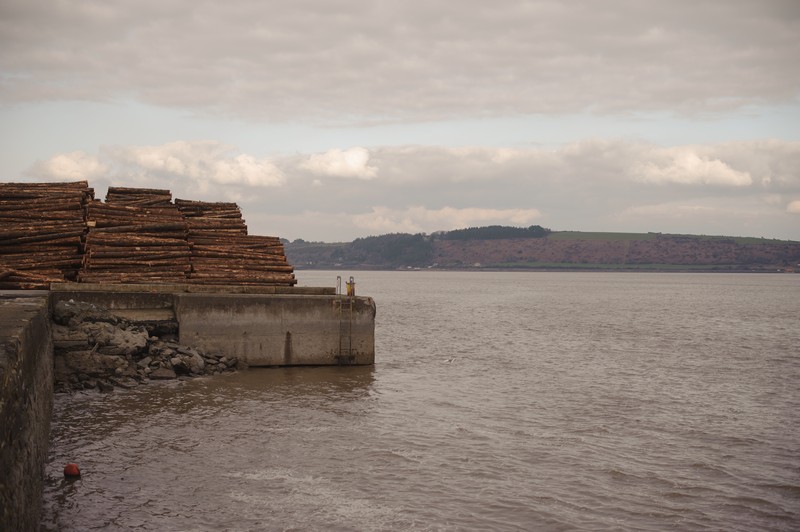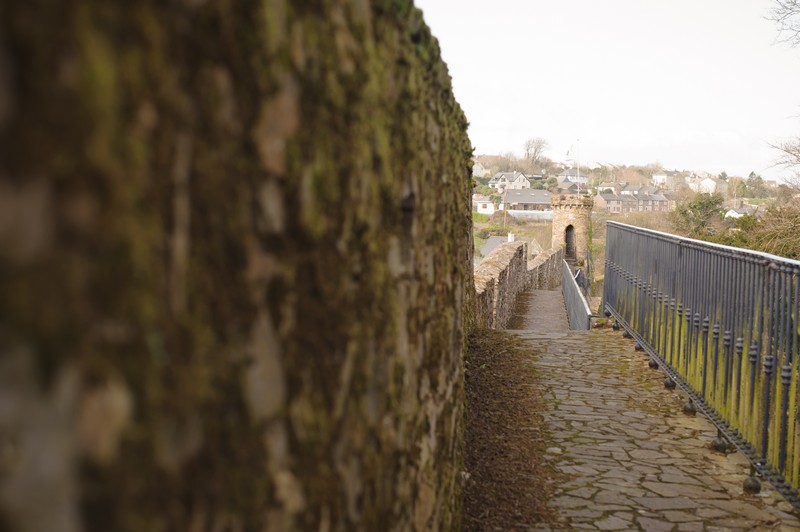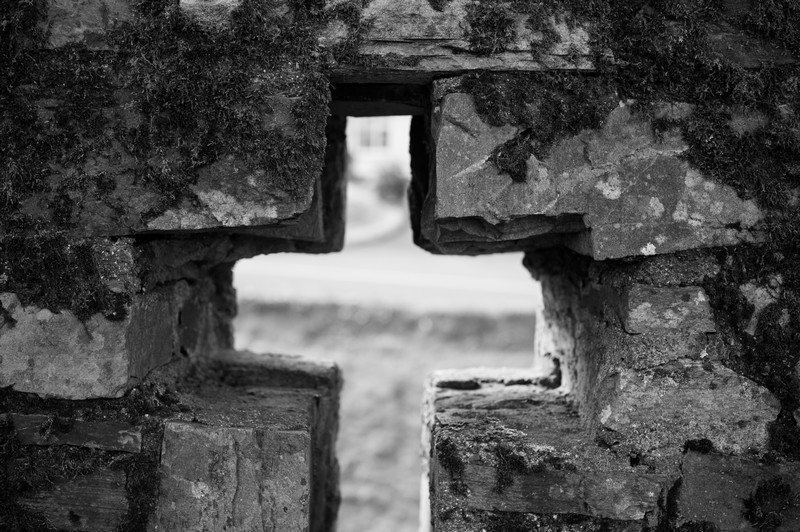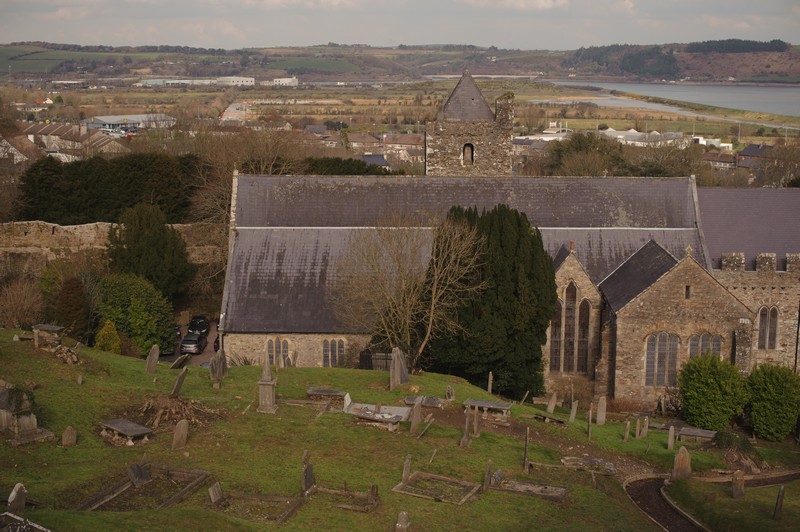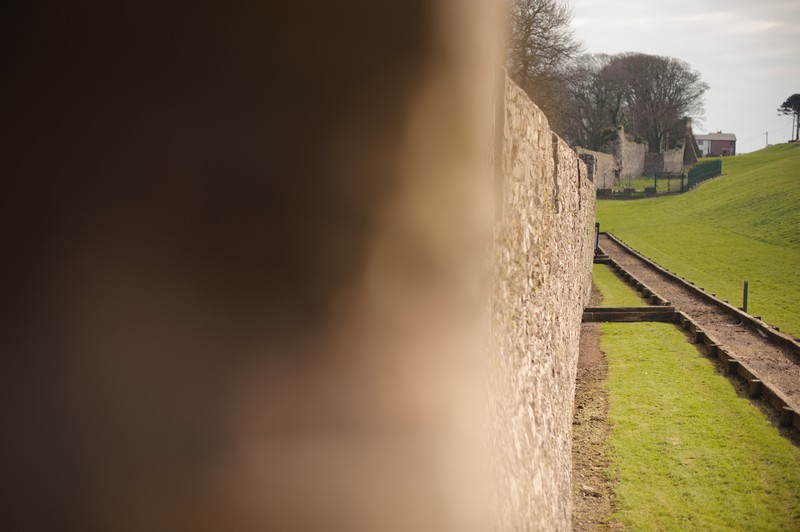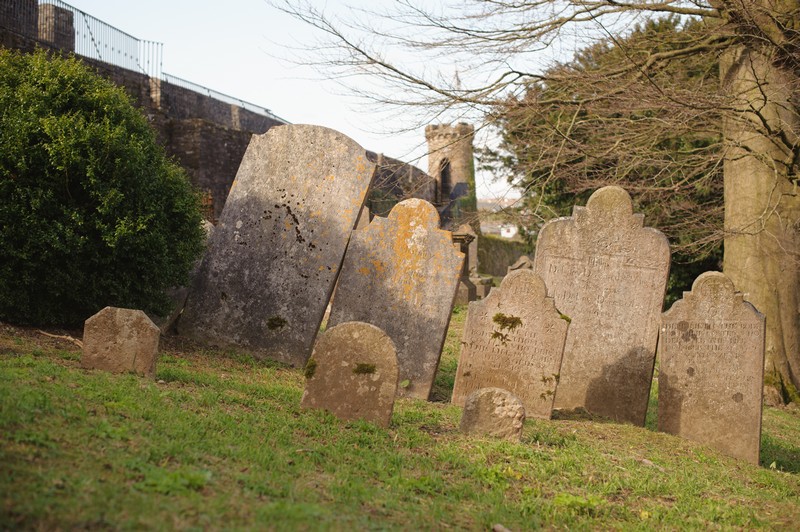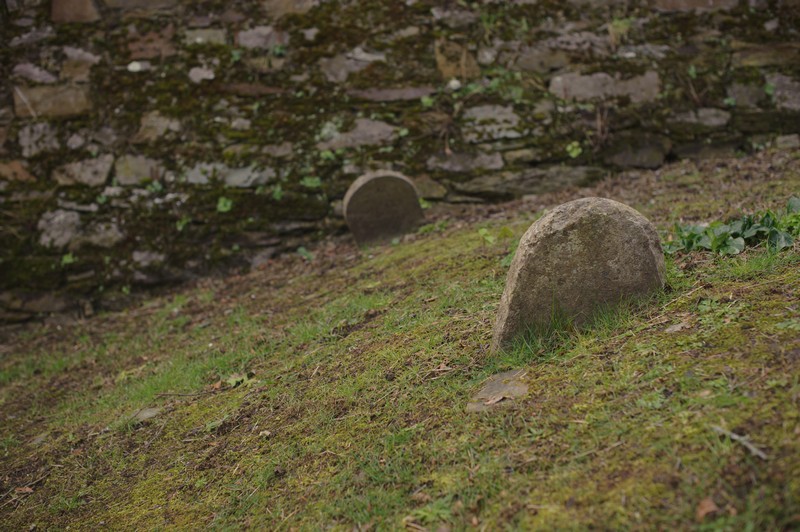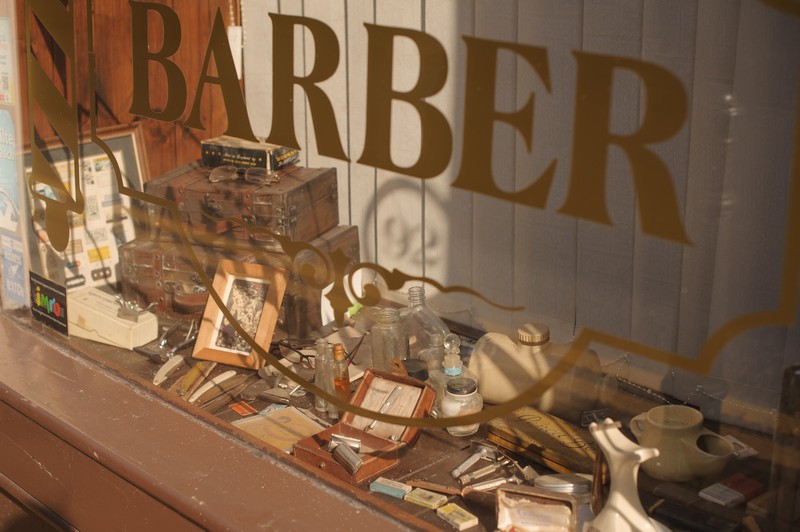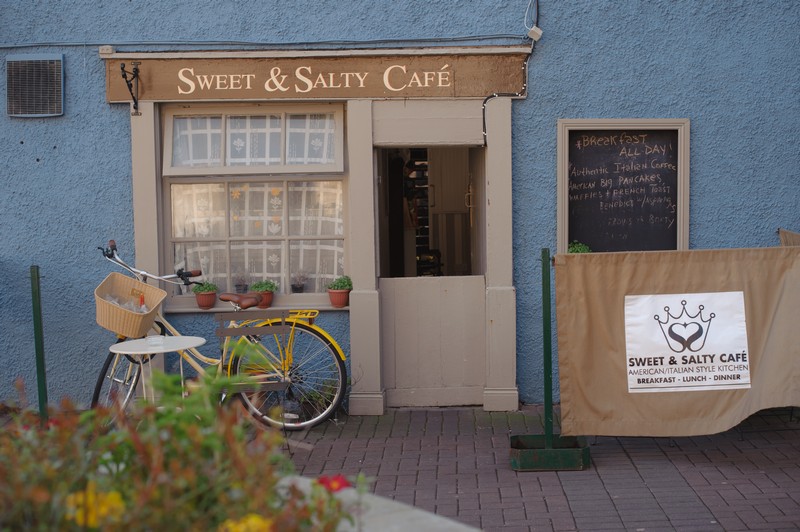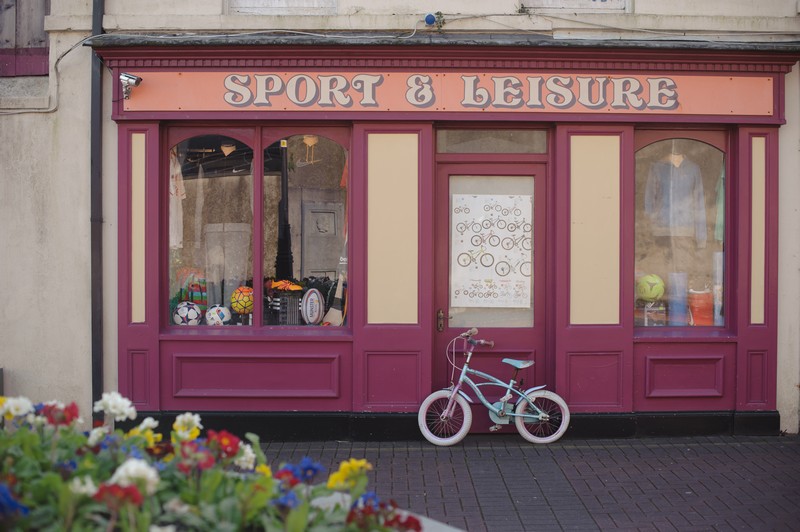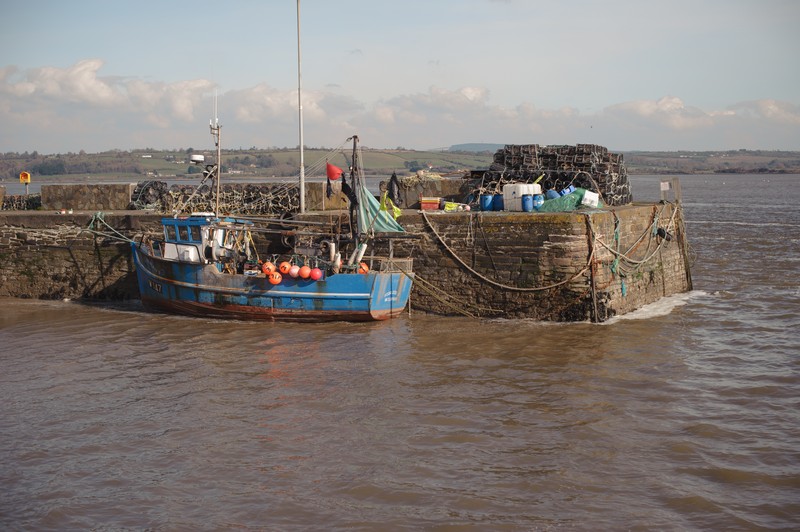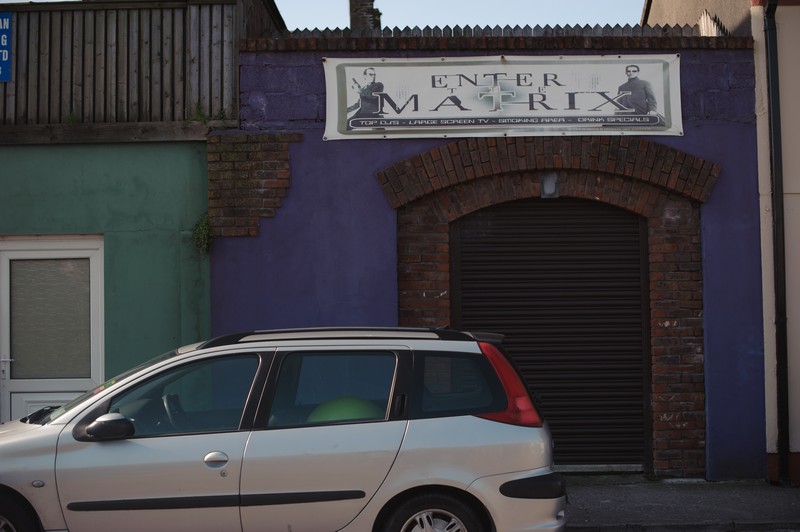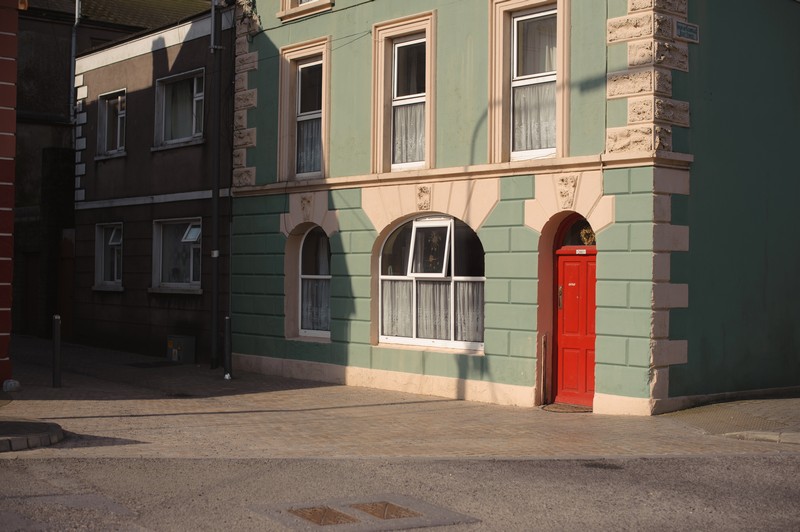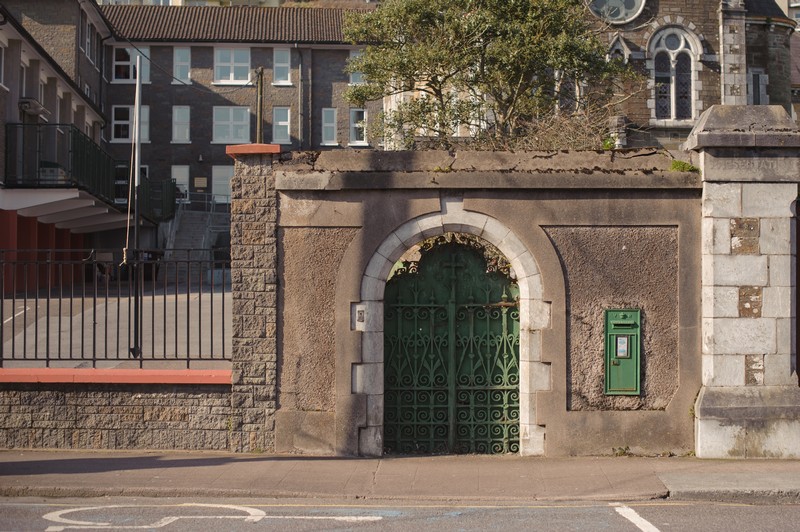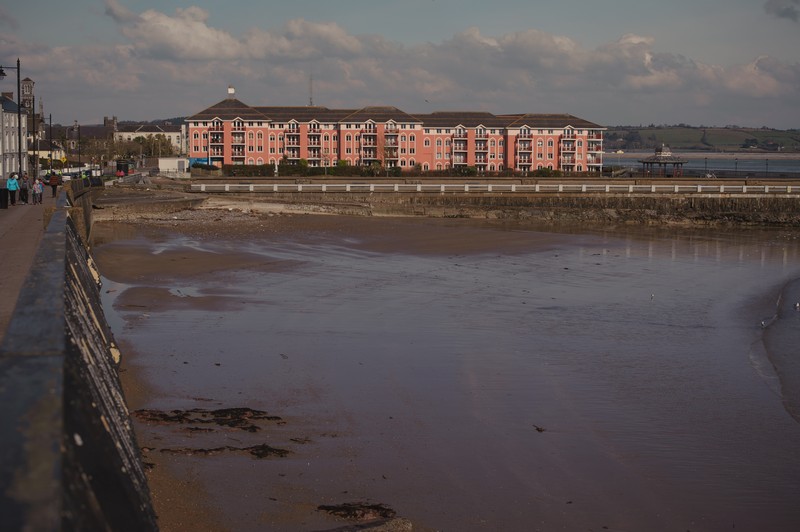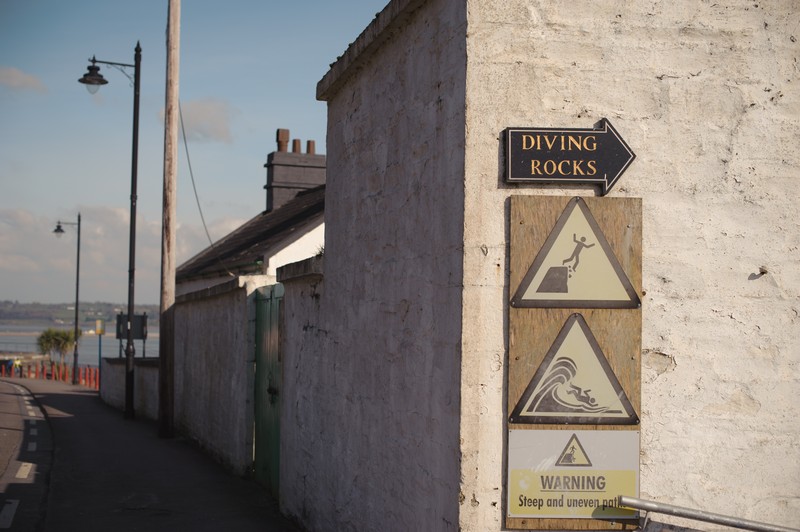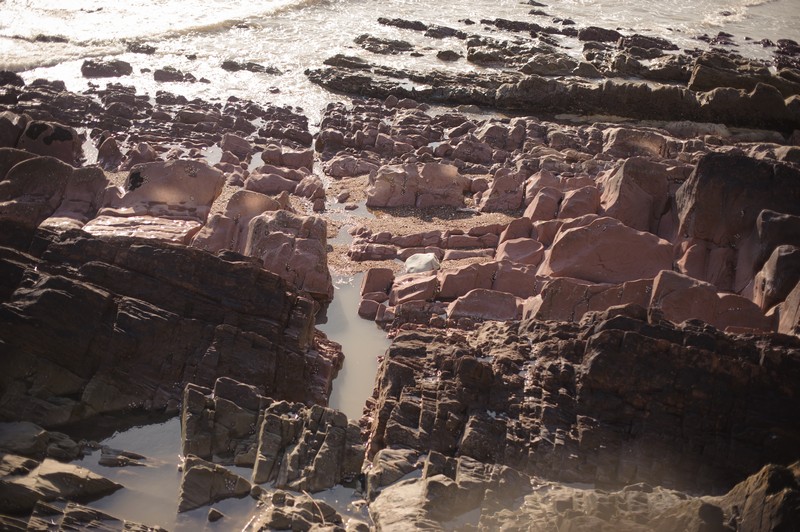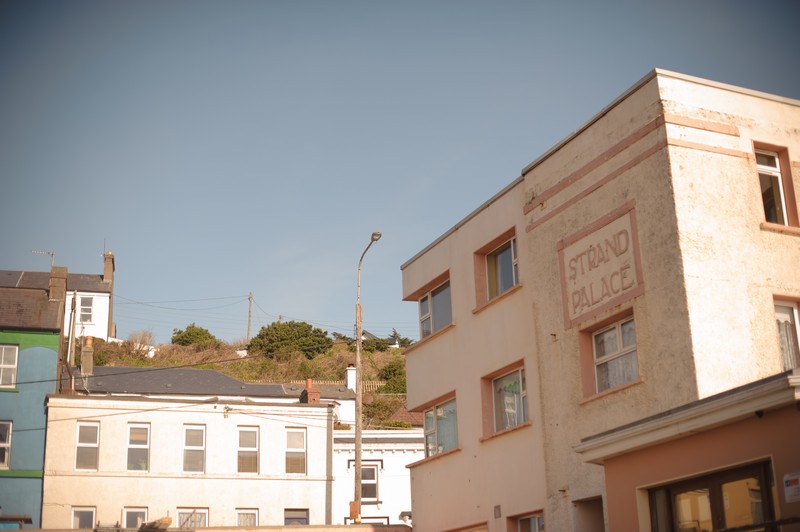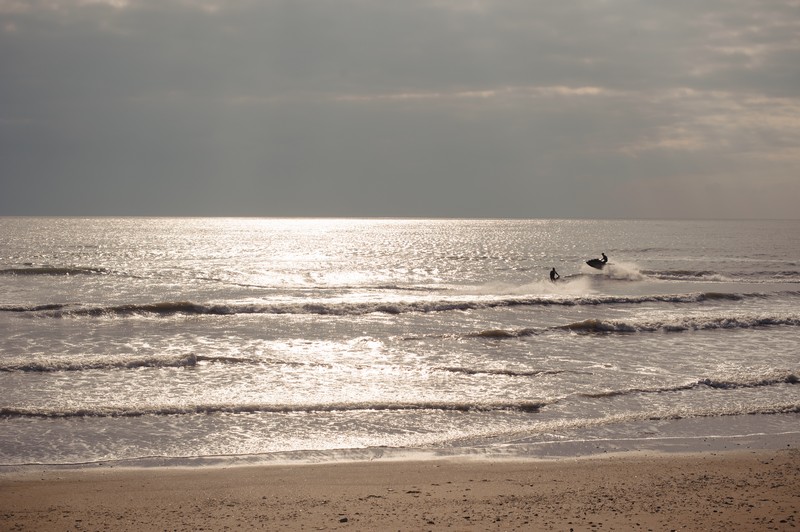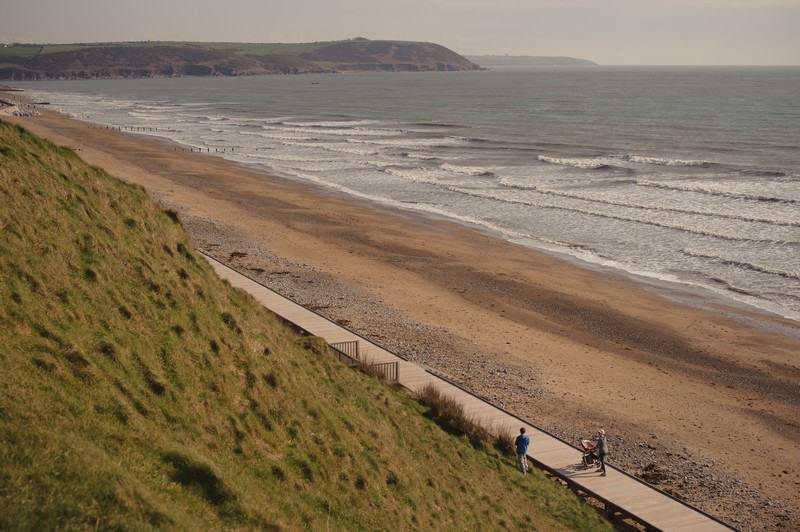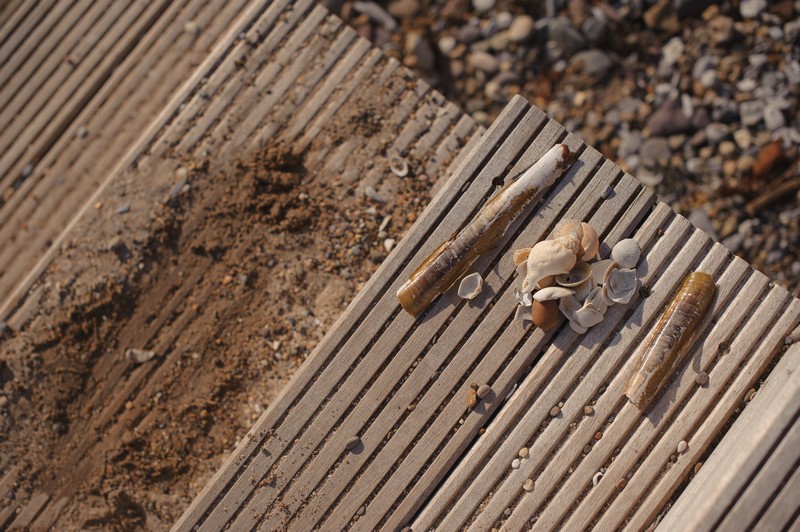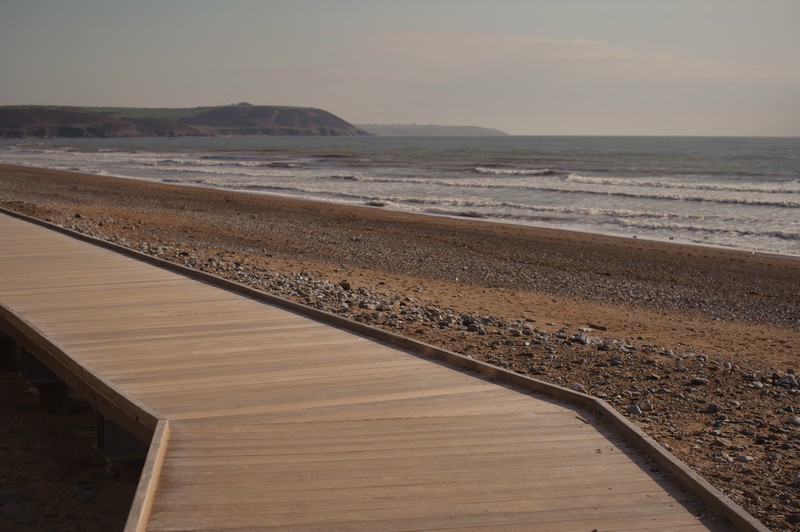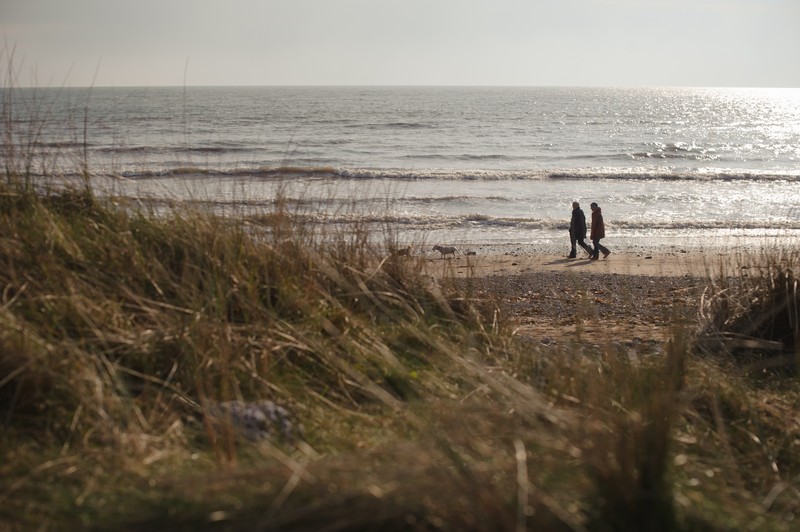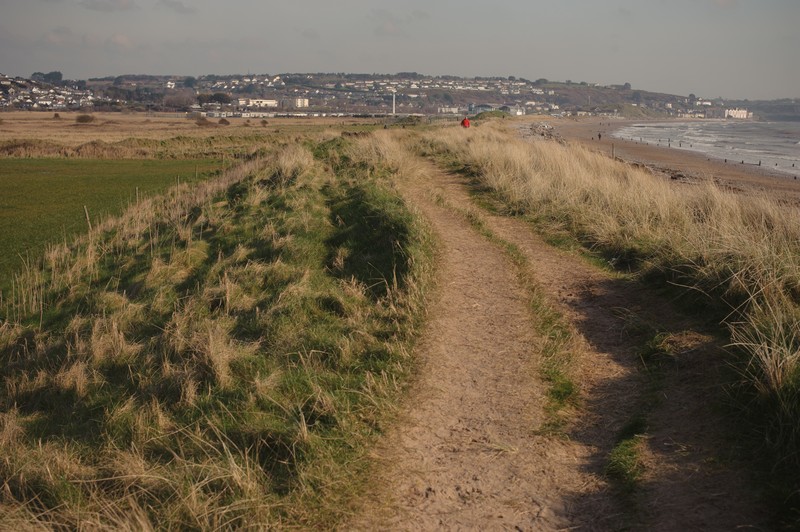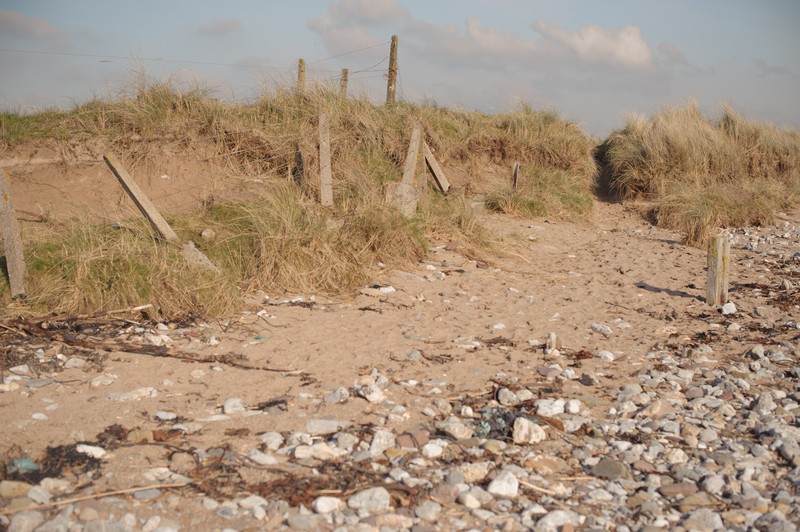If I’m not wrong, one of the biggest claims to fame of Youghal is that there were a few shots of the 1950’s version of Moby Dick taken in this town (instead of New Bedford, which had changed too much in the previous century – in other words, Youghal had not changed much). The town is a historic walled seaport town (an Irish Heritage Port) build on a steep riverbank; it sits on the estuary of the River Blackwater.
The town’s impressive old walls can be seen near the graveyard at the Collegiate Church of St. Mary. Perched on a hill, the walls date back to 1250 and are the second longest surviving stretch of town walls in Ireland. There used to be 13 towers along the walls, but only four remain today. One of the towers is called the Banshee tower.
I’m not sure if the tower was named after the “Witch of Youghal”, but perhaps it was. Florence Newton was arrested and imprisoned in 1661 after being accused of ‘enchanting’ another woman. During Christmas Florence visited a man at his home and was denied a piece of beef. She left unhappy and cursing as she went. Apparently she later met one of the man’s employees in the street. They kissed each other in greeting and an illness with various symptoms was passed on to the woman employee. The man’s house was later filled with ghosts and all sorts of strange things happened which meant that of course, sorcery was the cause.
Already there had been witches suspected to be operating in the vicinity and the situation was tested by bringing the suspects to the victim to watch for any result. When Florence neared the victim, the fits and symptoms grew worse and Florence was acknowledged by the suffering victim. Meanwhile in prison, a Mr. David Jones was shouting the name of Florence Newton on his deathbed (she had visited him in prison and he later got gravely ill). It is assumed that Florence was charged as guilty and executed soon after although the court documents are missing.
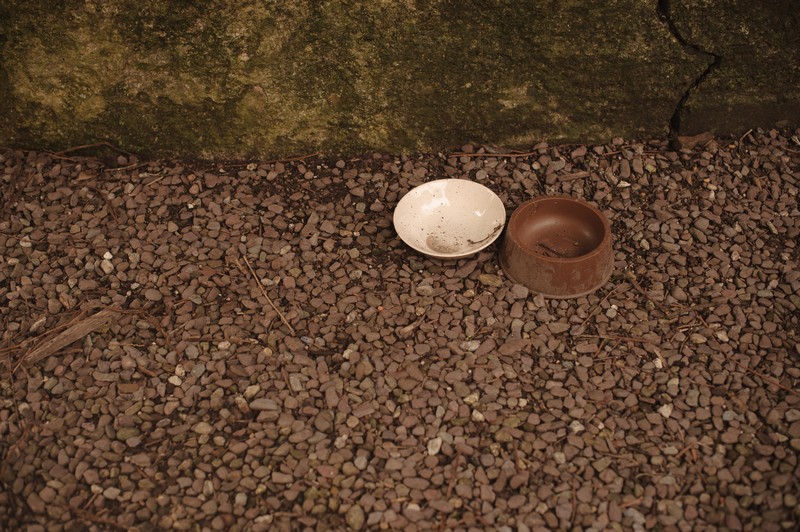
The name of the town comes from the Irish word for “yew woods”, Eochaill. There used to be many trees in the area, but few remain. Other than the views over the water and the beaches near by, I’m not sure of many natural attractions close to the town. Monuments to look out for are the Clock Gate Tower (with a gruesome history, built in 1777), Tynte’s Castle, the Alms Houses, Town Hall, The Red House and Youghal Priory and the lighthouse that dates back to 1202. If you’d like to walk further afield, navigate south along the estuary to the spacious Red Barn Beach.
